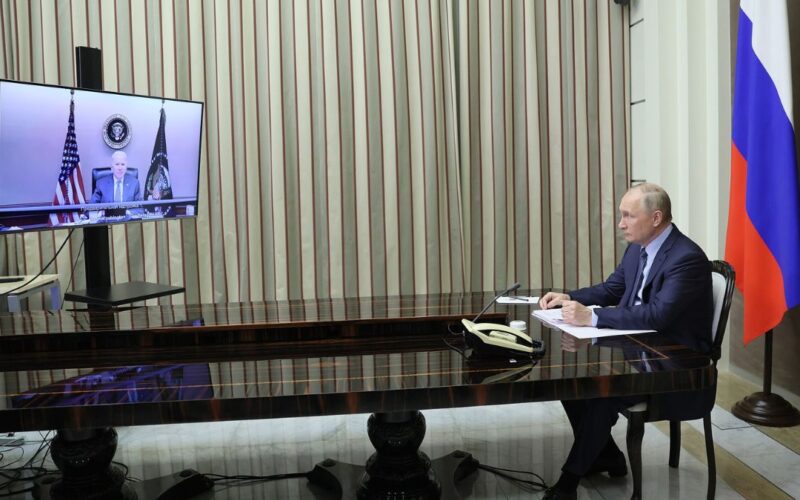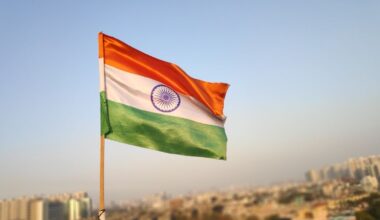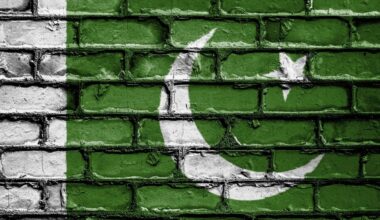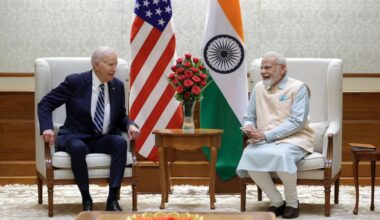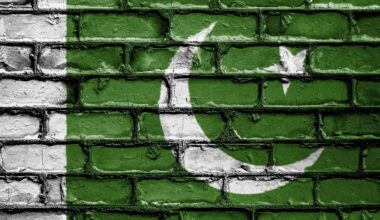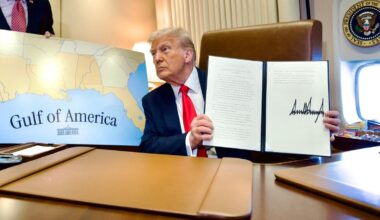In the ongoing saga of the Ukraine war, one figure looms large over the geopolitical landscape: Vladimir Putin. The Russian president’s maneuvers and strategies have had profound effects on the course of the conflict, leading many to ponder how he has seemingly outmaneuvered the West. In this article, we delve into the ways in which Putin has achieved what many perceive as a victory over the West in the Ukraine war.
Geopolitical Calculations
From the outset, Putin has displayed a keen understanding of geopolitics and Russia’s strategic interests in the region. His annexation of Crimea in 2014, following the Ukrainian revolution, was a bold assertion of Russian power and a strategic move to secure control over the strategically vital Crimean Peninsula.
Military Tactics
Putin’s utilization of military force, particularly in Eastern Ukraine, has been a key factor in shaping the conflict. By supporting separatist movements and deploying Russian troops covertly, he has effectively destabilized Ukraine while maintaining plausible deniability, complicating Western responses and prolonging the conflict.
Energy Leverage
Russia’s status as a major energy supplier to Europe has provided Putin with significant leverage over Western nations, particularly in the context of the Ukraine conflict. By exploiting Europe’s dependence on Russian gas, Putin has managed to influence European policies and deter more robust Western intervention in the region.
Information Warfare
Putin’s regime has skillfully employed information warfare tactics to shape narratives and sow discord both domestically and internationally. Through state-controlled media outlets and sophisticated disinformation campaigns, Russia has manipulated public opinion and undermined Western unity on issues related to Ukraine.
Diplomatic Maneuvering
Despite facing international condemnation and sanctions, Putin has adeptly maneuvered diplomatically to maintain Russia’s position as a major player in resolving the Ukraine crisis. By engaging in peace talks and negotiating ceasefire agreements, Putin has sought to portray Russia as a constructive actor while simultaneously advancing its interests on the ground.
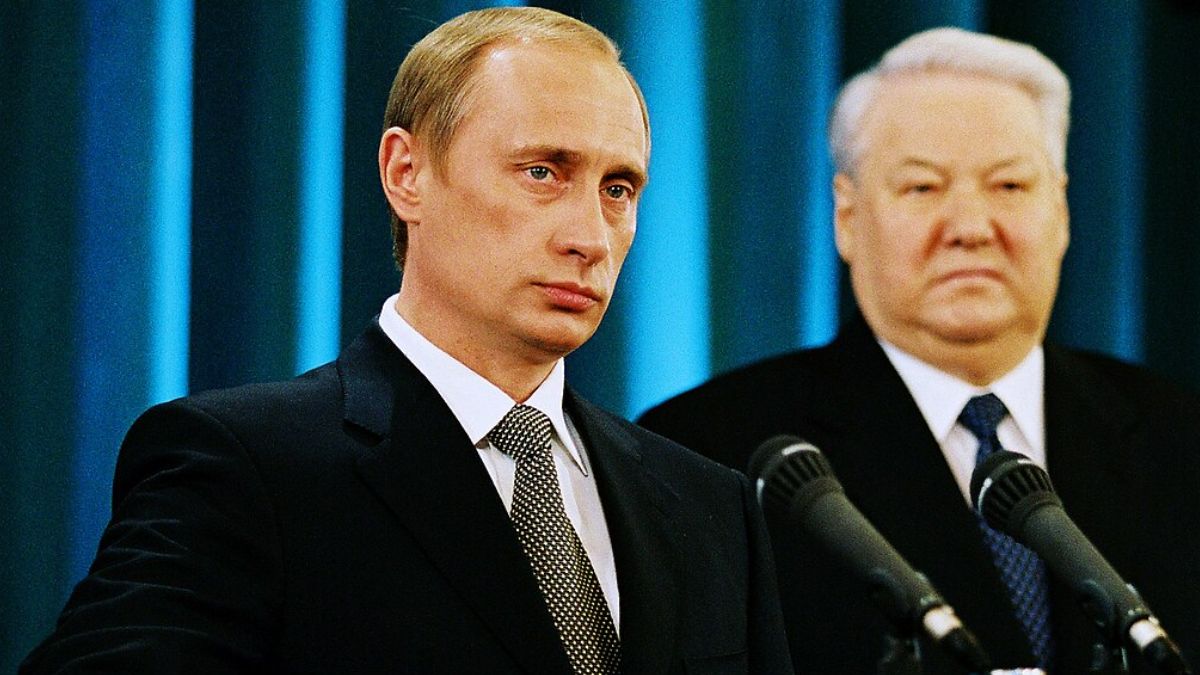
Proxy Warfare
Putin has utilized proxy forces and paramilitary groups to advance Russian objectives in Ukraine while maintaining a degree of plausible deniability. By supporting and arming separatist militias, Russia has exerted influence over the conflict without bearing the full brunt of international accountability.
Western Divisions
Putin has capitalized on divisions within the Western alliance, exploiting differences in priorities and approaches among Western nations. Disagreements over sanctions, military support for Ukraine, and broader strategic objectives have undermined Western unity and provided Putin with opportunities to pursue his agenda with greater impunity.
Economic Resilience
Despite facing economic sanctions and isolation, Russia under Putin’s leadership has demonstrated a degree of resilience in weathering the economic consequences of its actions in Ukraine. By diversifying its economic partnerships and leveraging its vast natural resources, Russia has mitigated the impact of Western sanctions to some extent.
Domestic Support
Putin’s handling of the Ukraine crisis has bolstered his popularity at home, where he has framed Russia’s actions as defending national interests and restoring Russia’s status as a global power. By portraying the conflict as a struggle against Western encroachment and asserting Russian sovereignty, Putin has rallied domestic support for his policies.
Long-Term Strategy
Putin’s approach to the Ukraine war must be understood within the context of Russia’s broader strategic objectives. Beyond securing Crimea and exerting influence over Ukraine, Putin seeks to reassert Russia’s role as a dominant player in the post-Soviet space and reshape the geopolitical landscape of Eastern Europe to Russia’s advantage.
Vladimir Putin’s apparent success in the Ukraine war can be attributed to a combination of strategic calculations, military tactics, diplomatic maneuvering, and exploitation of Western vulnerabilities. While the conflict remains ongoing and its ultimate resolution uncertain, Putin’s actions have undoubtedly reshaped the geopolitical dynamics of the region and raised fundamental questions about the balance of power between Russia and the West.
